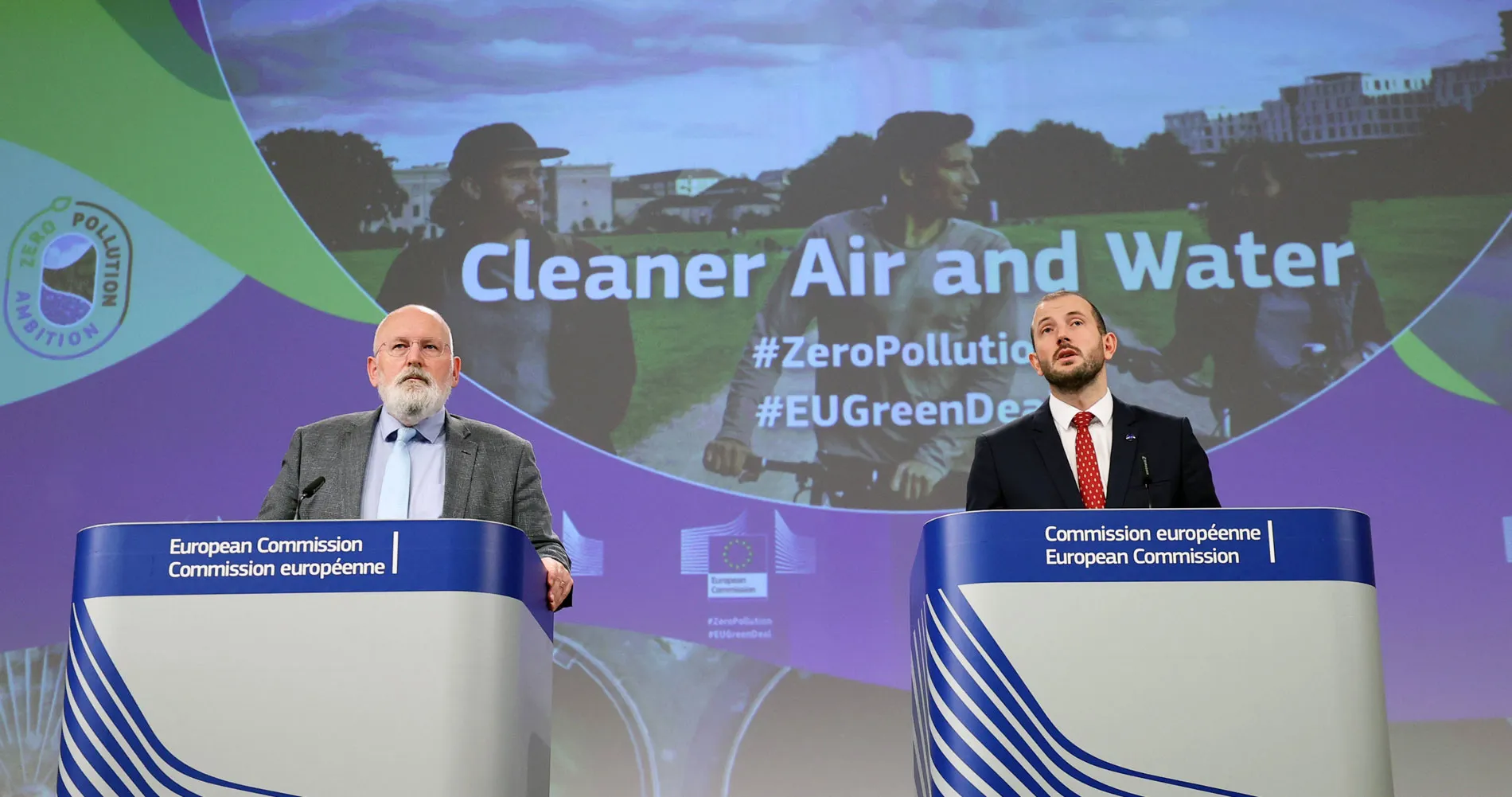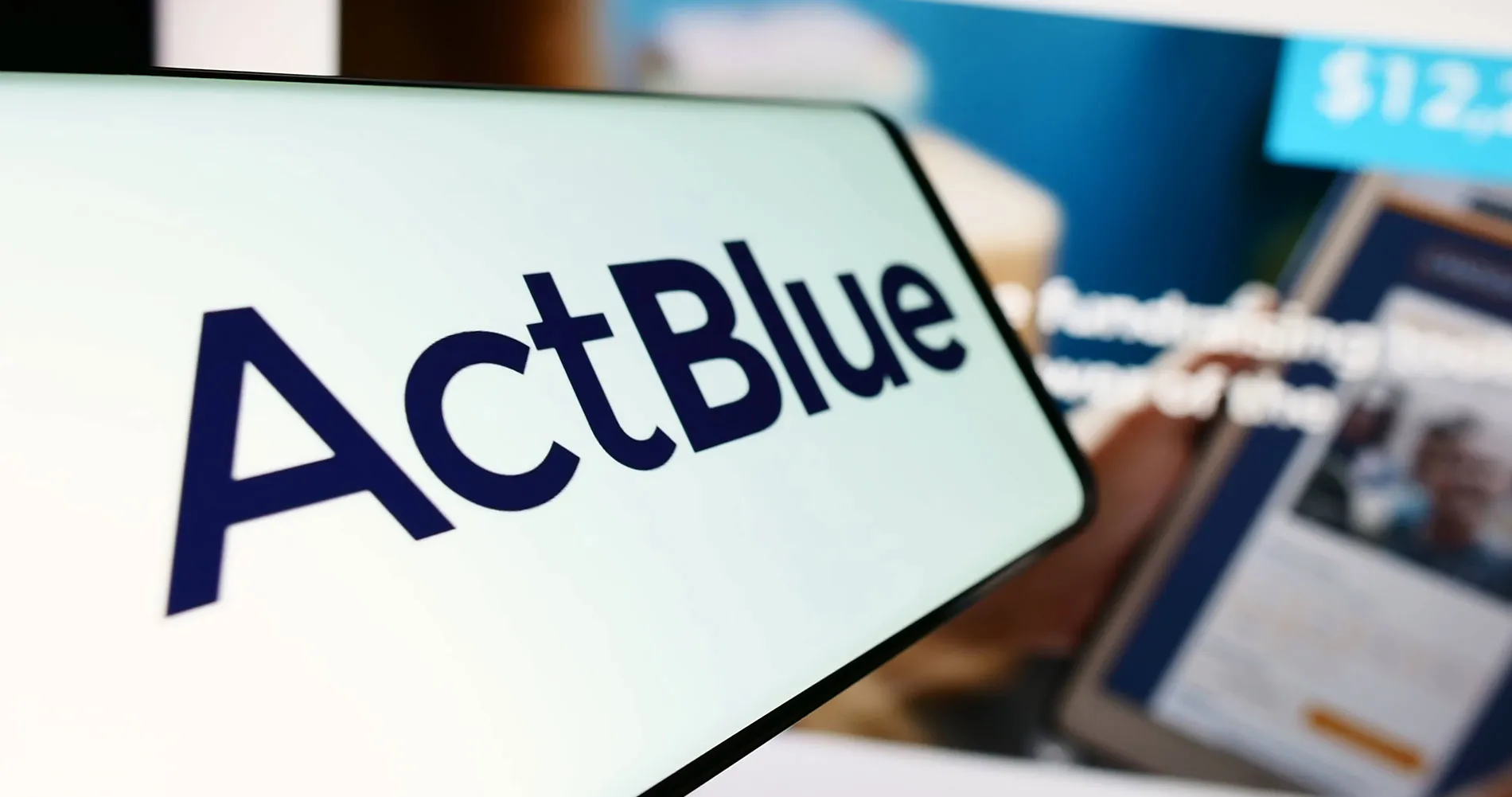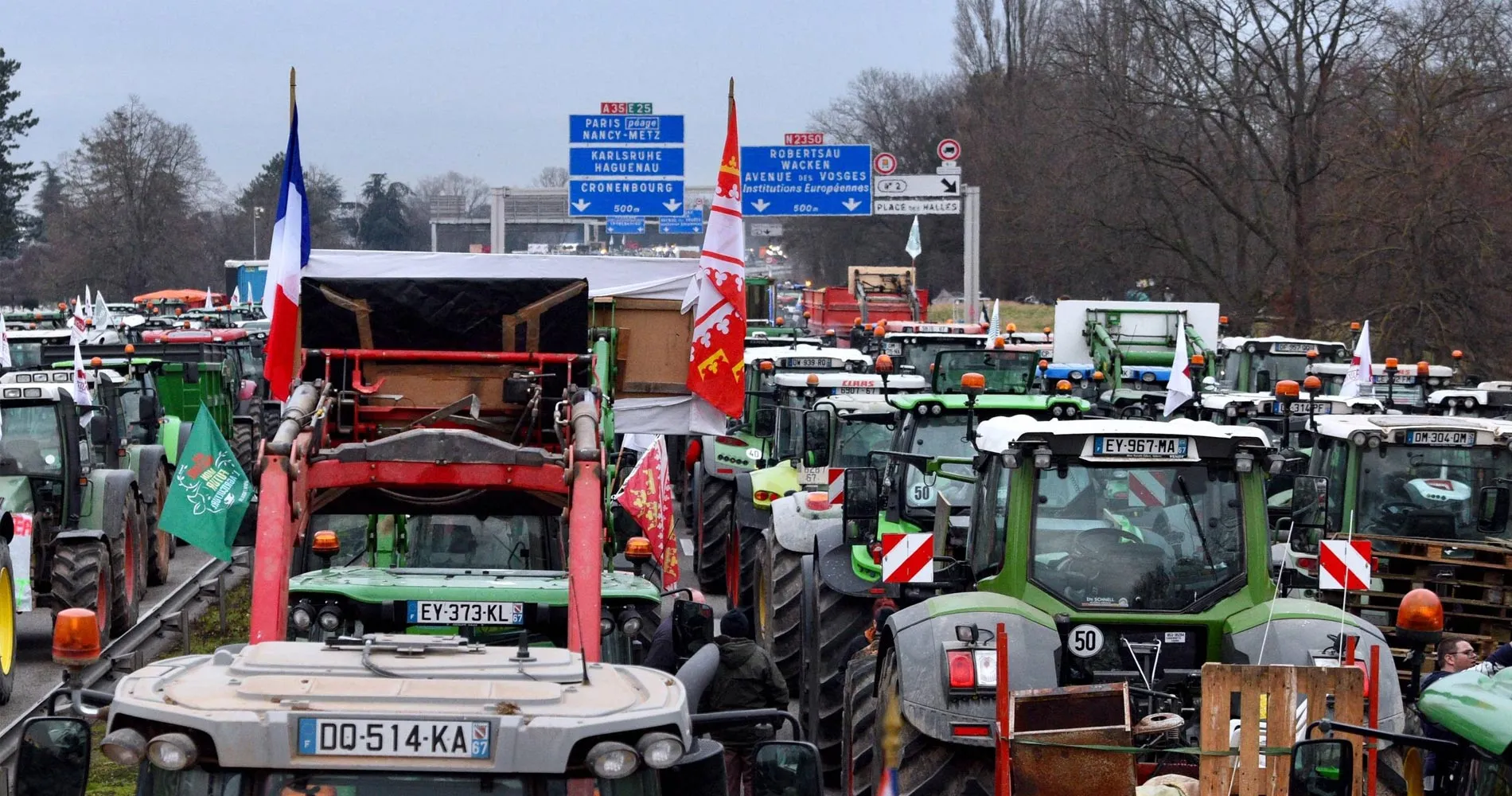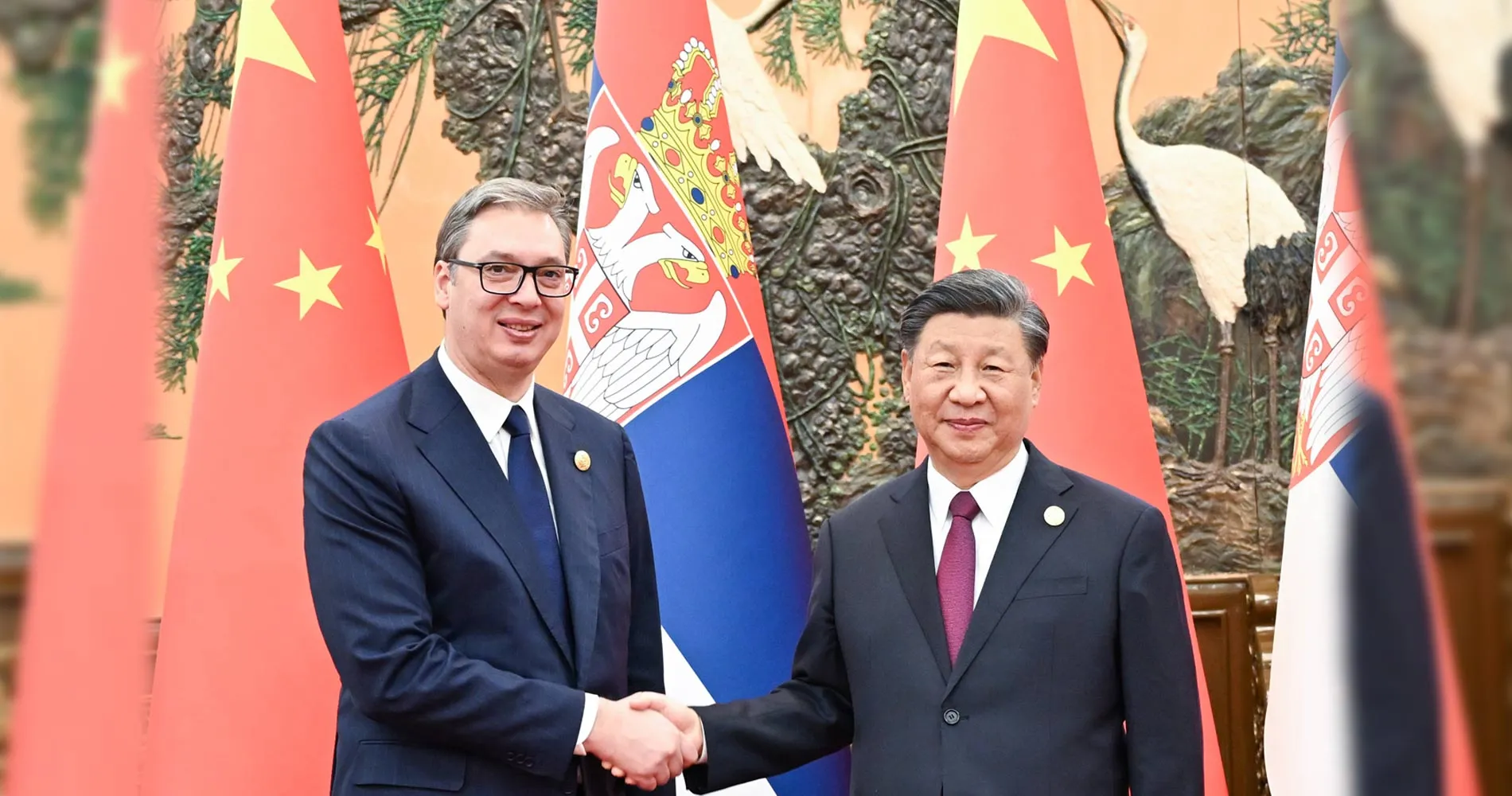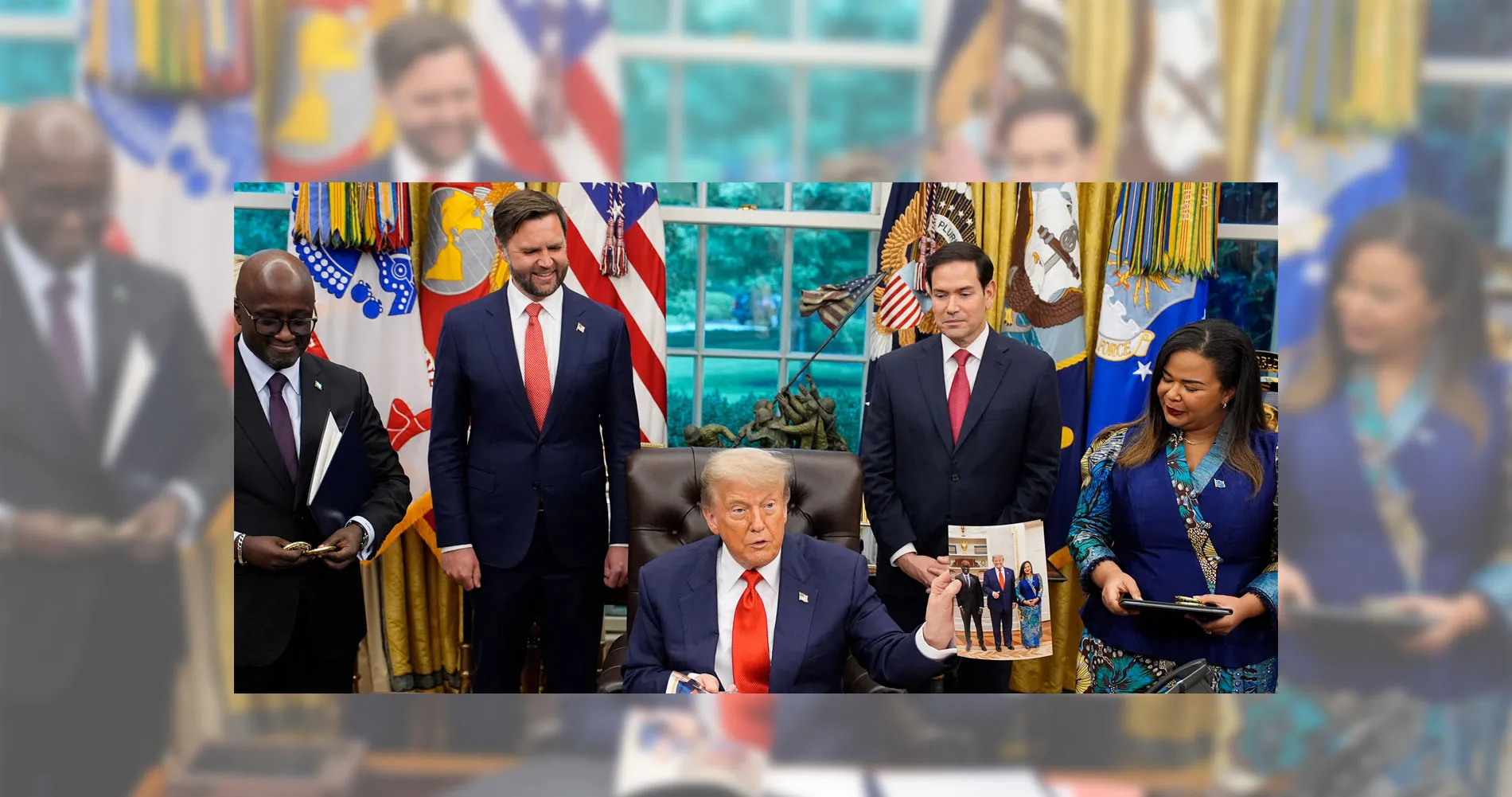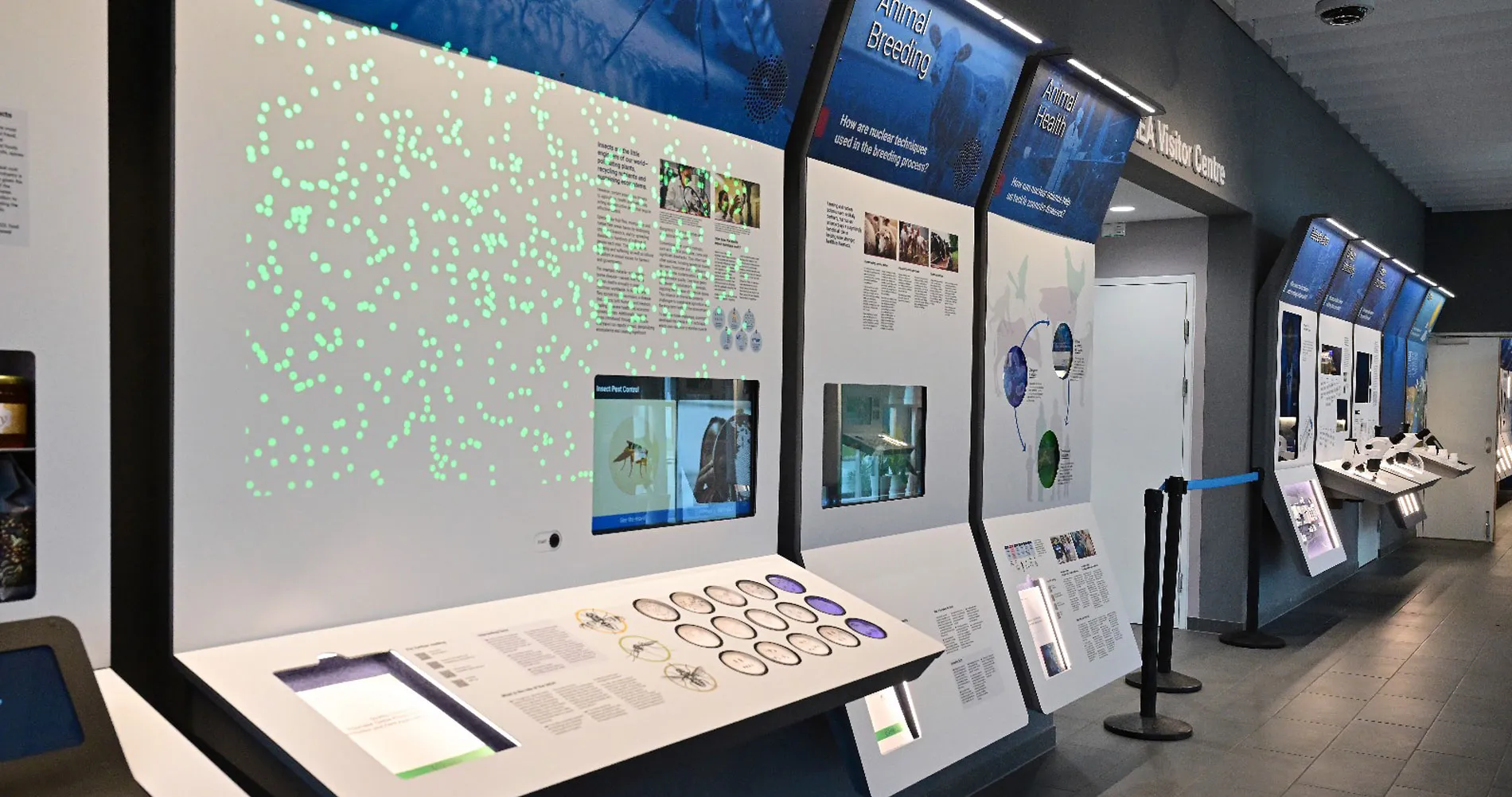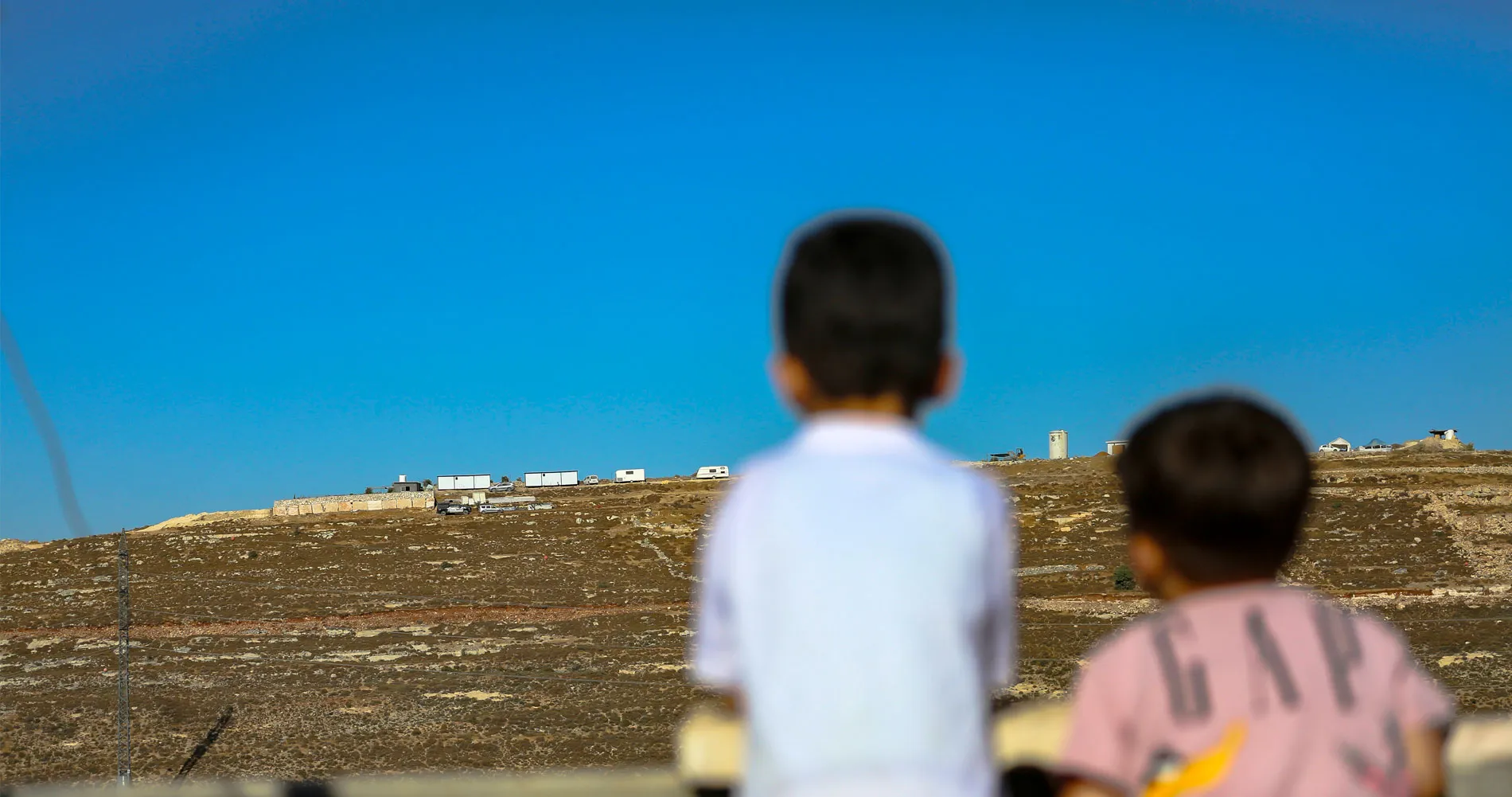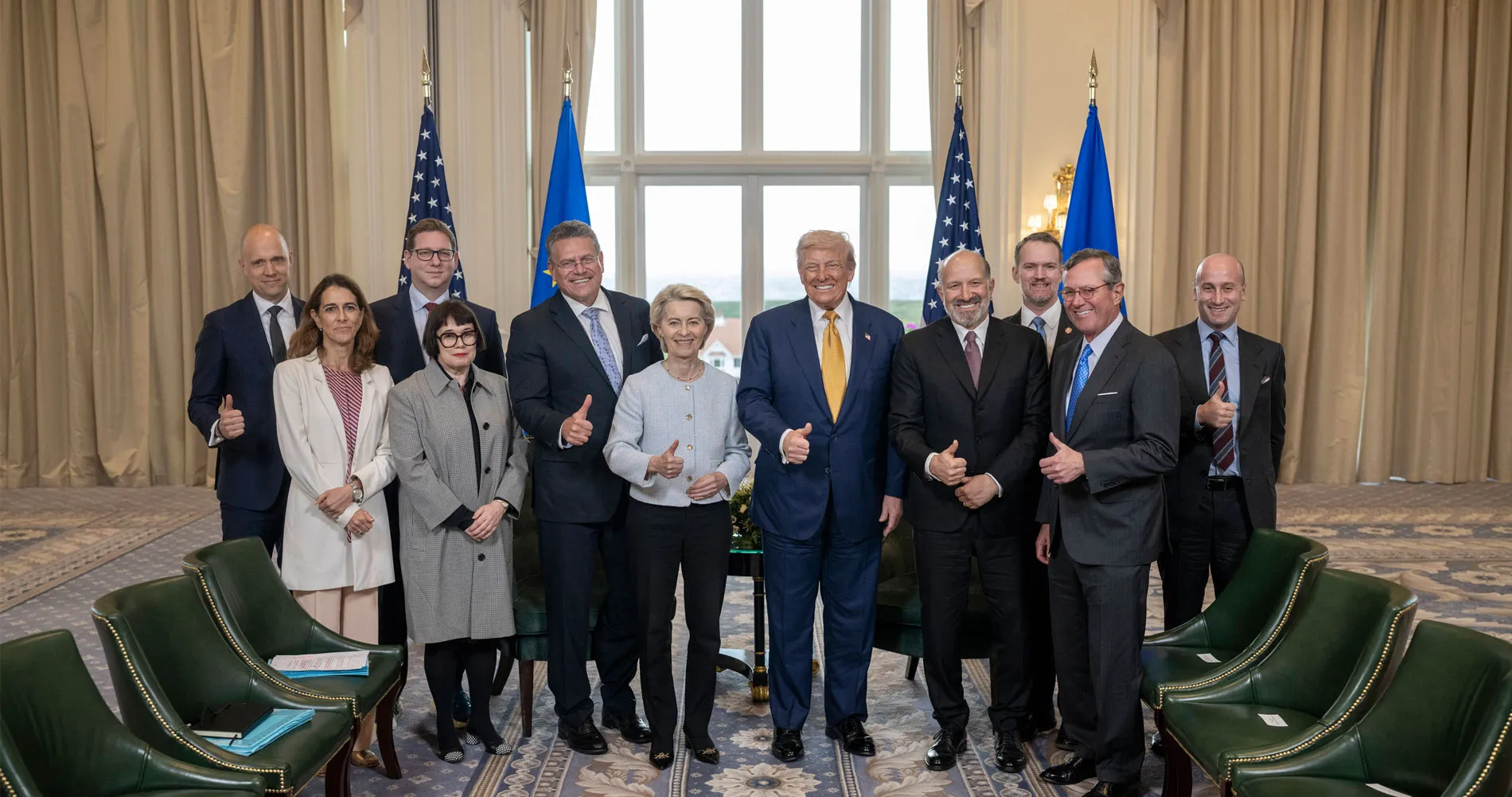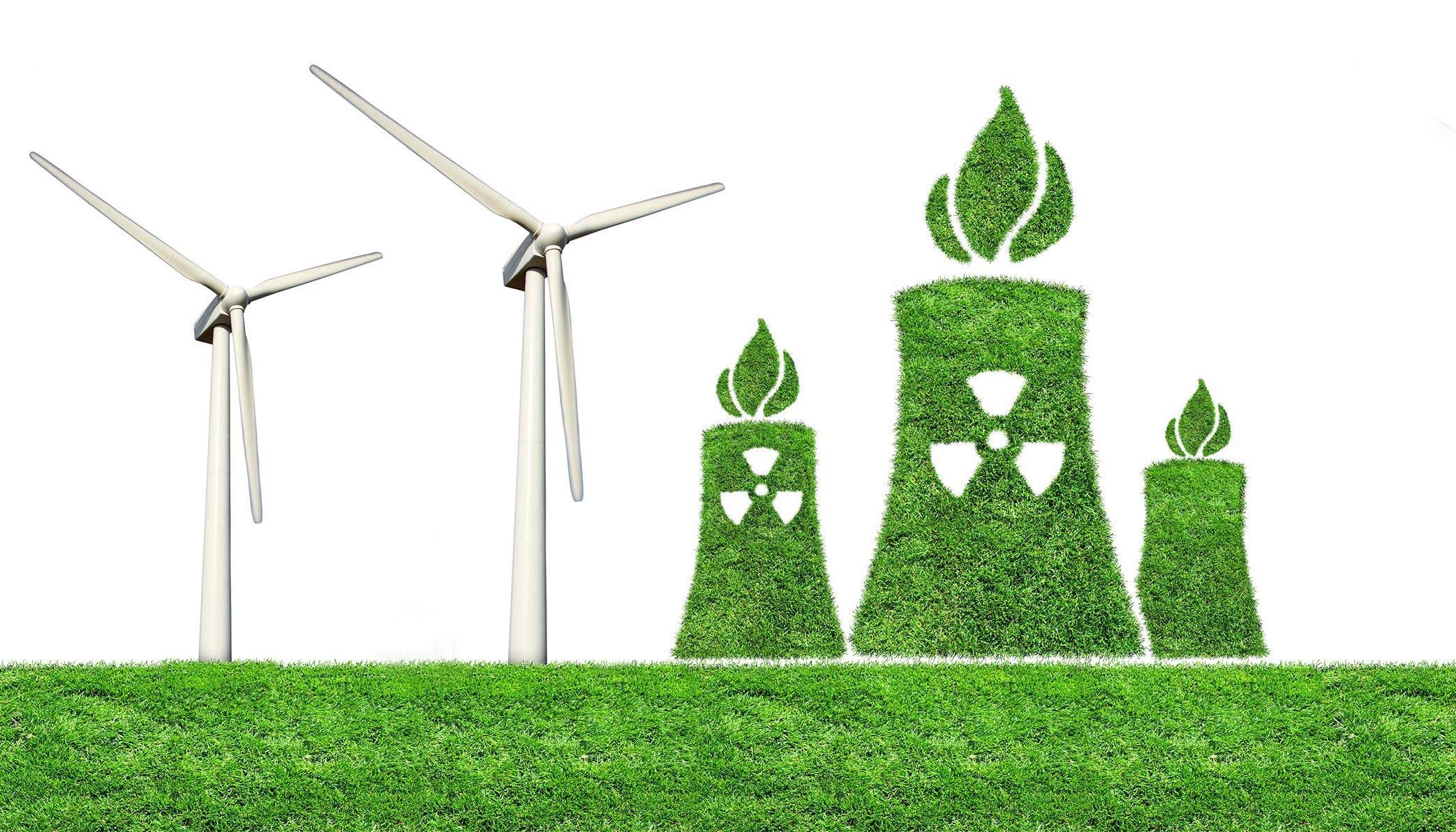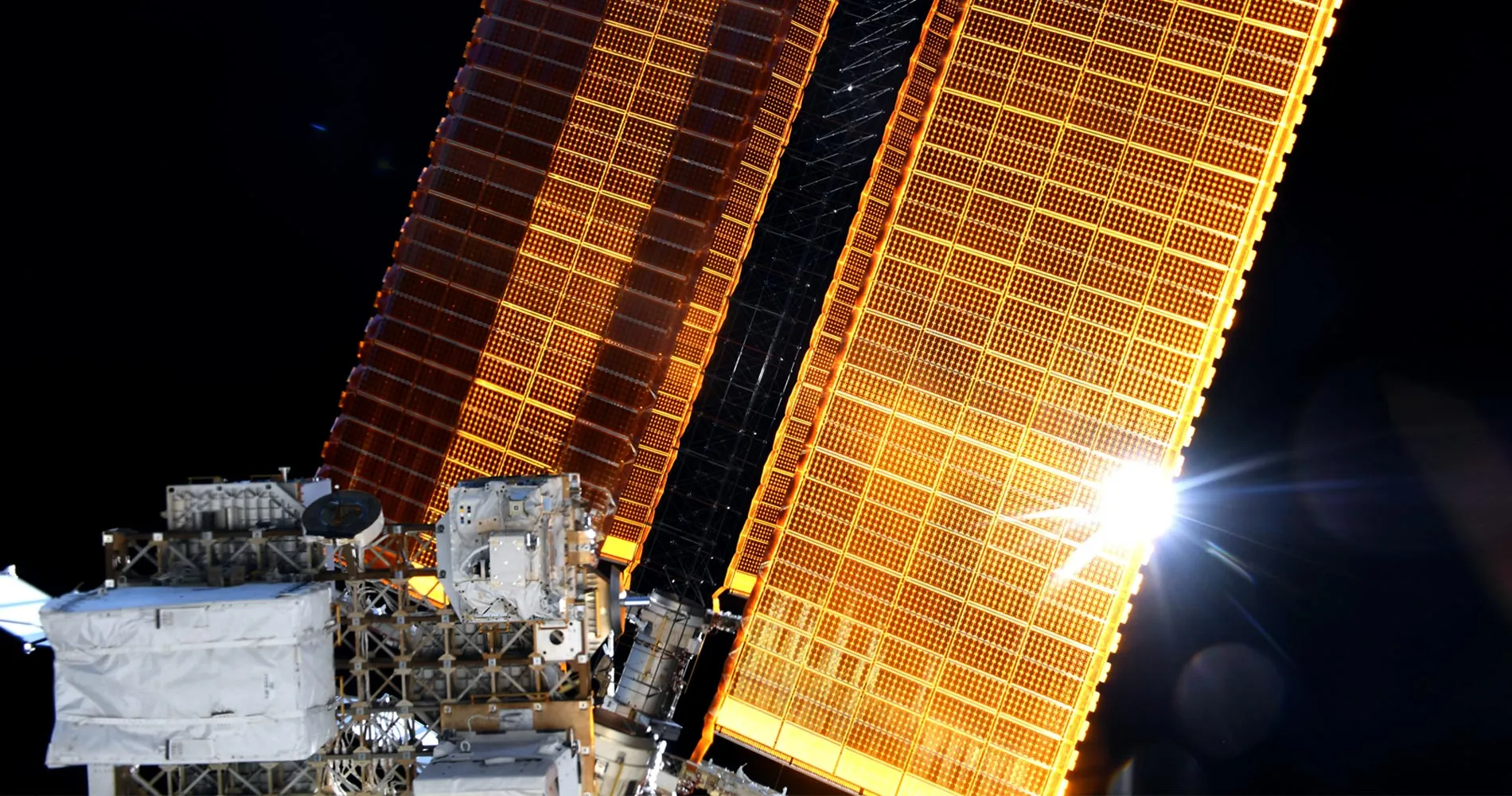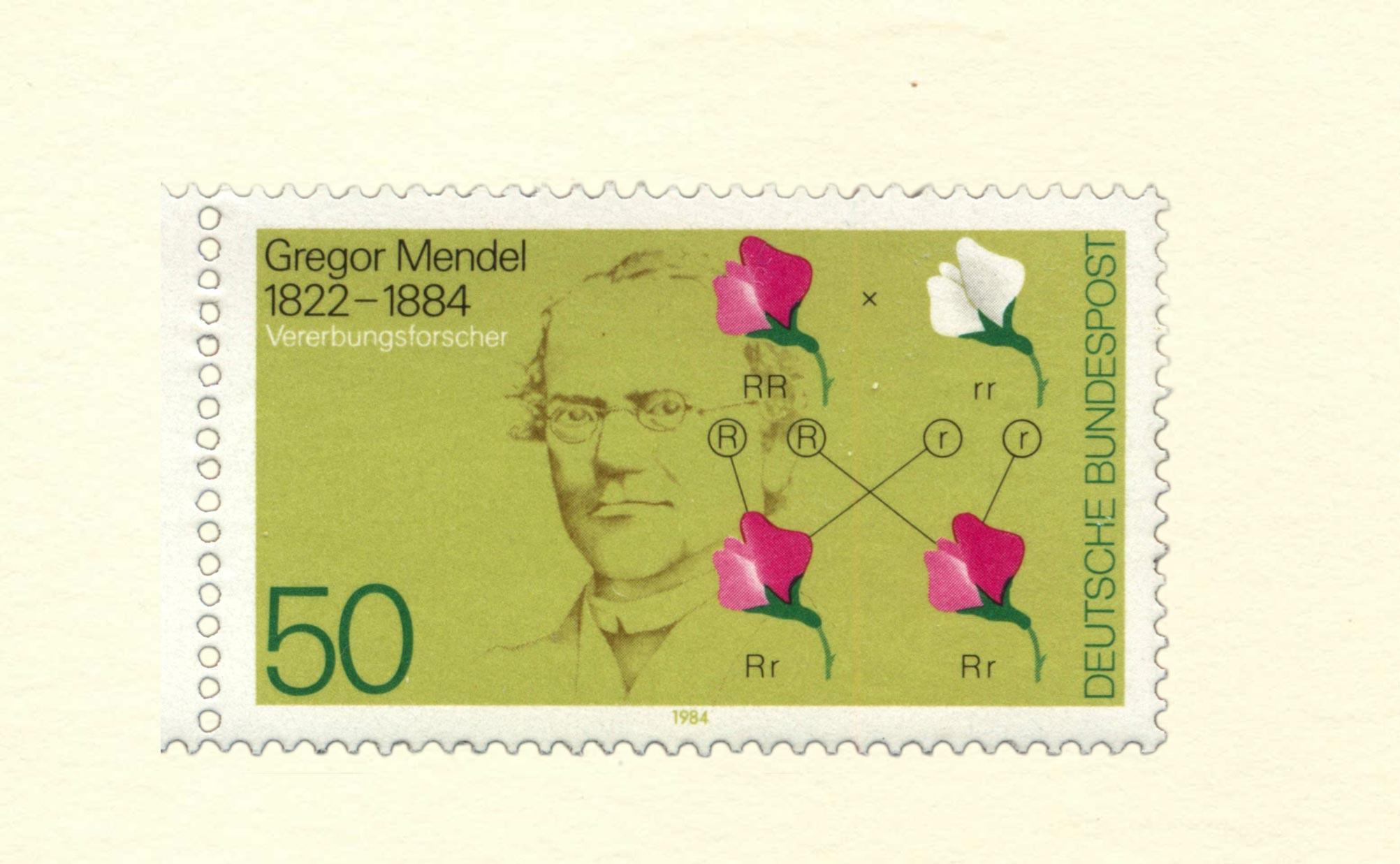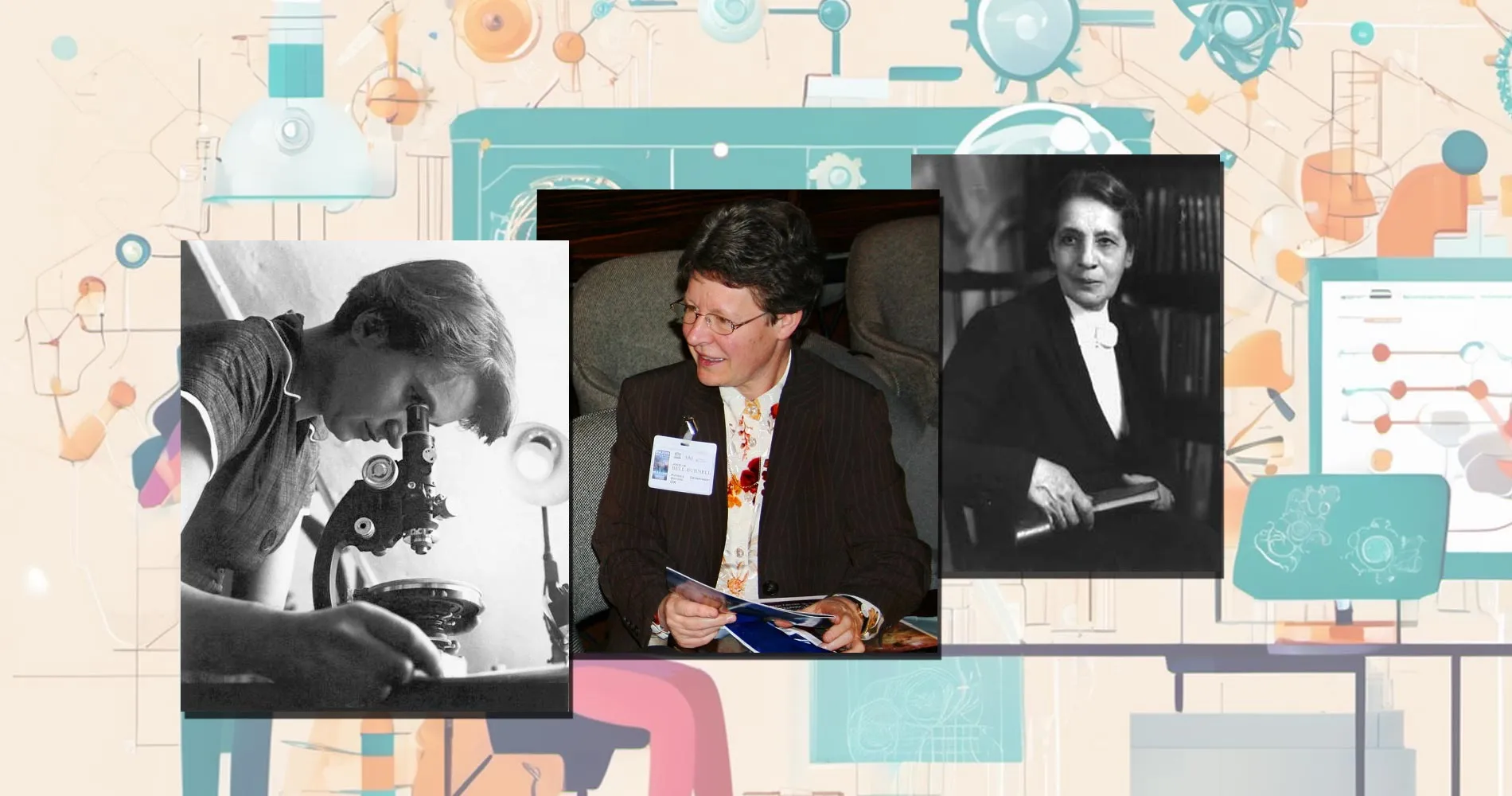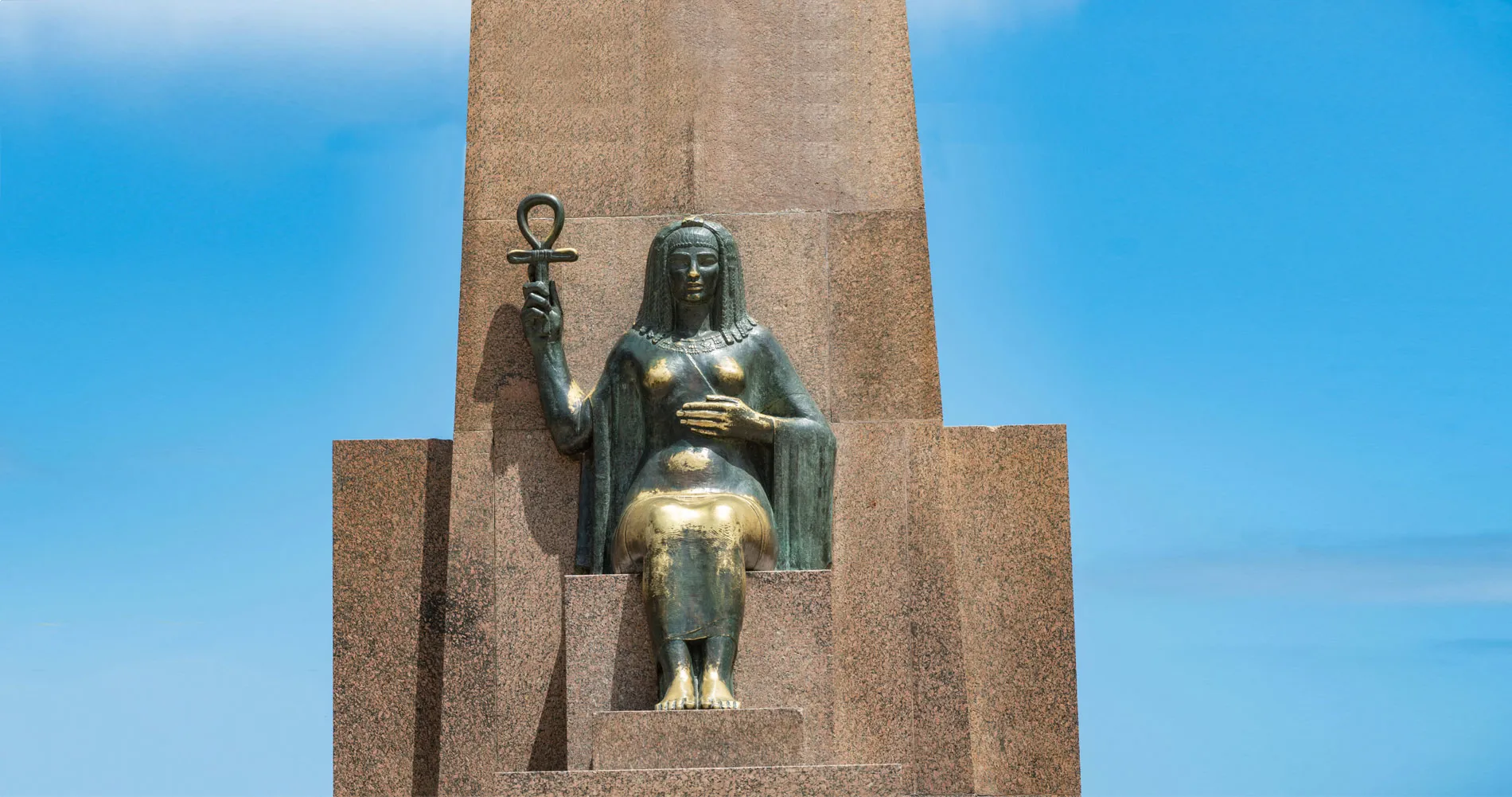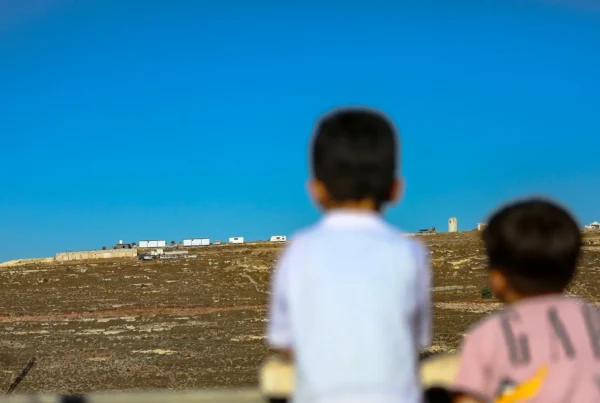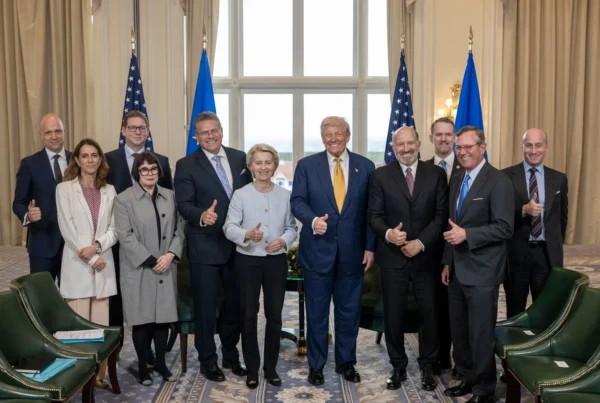Ursula von der Leyen’s crown jewel was the Green New Deal. So it comes as no surprise that the European Commission heavily funded green and left-leaning NGOs to push for stringent environmental and health regulations to the tune of EUR 5.4 billion. Following an investigative report by Die Welt the European Parliament is now investigating these NGOs. Moreover, an EU taxpayer interest group has filed criminal charges with German prosecution and the EU Public Prosecutor’s Office against two of von der Leyen‘s Commissioners for their role in this alleged illicit funding scam.
Angeladora Novi
22 October 2025
The European Commission is facing increased scrutiny after being accused of financing Nongovernmental Organizations (NGOs) lobbying the European Parliament in support of its climate policies. The debate started in February 2025 when lawmakers from the European People Party (EPP), sitting on the Parliament’s Budgetary Control Committee (CONT), alleged that the Commission had used public funds to encourage environmental activists to lobby on its behalf in favor of the Green Deal. This suggests that the EU’s executive arm has been misusing its power at the expense of taxpayers’ money, instead of representing the EU general interest.
In July 2025, an EU taxpayer interest group filed criminal complaints with German domestic prosecutors and the EU Public Prosecutor’s Office in Luxembourg. The complaint is directed against former EU Commissioners Frans Timmermans and Virginius Sinkevicius calling for the investigation of their role in the unlawful payments to NGOs. Timmermans and Sinkevicius served under President Ursula von der Leyen’s first mandate between 2019 and 2024. Timmermans was Executive Vice-President and Commissioner for Climate Action while Sinkevicius (now an MEP for left party Union for Democracts) was Commissioner for Environment and Oceans.
NGOs, such as ClientEarth and Friends of the Earth Europe, denied the accusation, claiming that the Commission’s financial contribution to their work aims at fostering an inclusive debate about EU policymaking, while their operational activity remains entirely autonomous. At the same time, the EU executive stated that none of the activities mentioned in the contracts with these NGOs are illegal. Furthermore, the Commission stressed that the organizations remain fully responsible for their actions —including lobbying— and that the Commission cannot be held accountable for them under any circumstances.
Politico Europe compared the 28 contracts signed between the Commission and the NGOs and concluded that there was no evidence in the contracts that the NGOs receiving funding from the Commission had to align with its interests or lobby the Parliament on its behalf. It is worth noting that AllSides Media Bias Rating™ has given Politico a Lean Left rating. This rating was confirmed by Axel Springer board member Martín Varsavsky who resigned in May 2025 after accusing Politico of left-wing bias. Politico was reportedly acquired for over USD 1 billion by Axel Springer SE in 2021.
The funding in question is part of the LIFE program, the EU’s funding instrument for environmental and climate protection. For the period 2021-2027, the EU budgeted EUR 5.4 billion LIFE grants, aimed at supporting projects related to green transition, circular economy, sustainable development, and biodiversity and ecosystem conservation. Of the EUR 5.4 billion, about EUR 15.6 million was set aside as operating grants to support nonprofit European entities active in the environment or climate action areas.
Within this framework, NGOs can receive up to EUR 700 000 to cover, among other things, political advocacy, political operations, and administrative costs. Those advocating for the legality of these grants insist that these non-profit institutions play a crucial role in promoting citizens’ understanding of environmental issues and enhancing civil society’s participation in decision-making processes, fostering an open dialogue and democratic values.
The debate gained renewed attention after the German newspaper Welt am Sonntag published a report in June 2025 accusing the Commission of having signed “secret contracts” with environmental NGOs and paid them up to EUR 700 000 to promote the bloc’s climate policy.
According to Die Welt, the claims are based on confidential contracts signed in 2022 between the Commission and ClientEarth and the Commission and Friends of the Earth Europe. In particular, ClientEarth have allegedly received EUR 350 000 to initiate or support legal actions against German coal-fired power plants in order to advance objectives in line with the EU Green Deal.
The German news provider also reported that the Commission’s officials tasked the same NGO to campaign against Mercosur, the free trade agreement between Europe and South America. A free trade relationship between the two blocks could risk having an impact on the environment, encouraging increased agricultural exports and deforestation in the Amazonian region. Currently, the European Commission is pushing for its signature and ratification to create a significant global trade zone. European farmers are worried about the pressure these imports will put on their domestic market.
In response to the reiterated allegations, the Head of ClientEarth’s German office, Dr. Christiane Gerstetter, pointed out that the EU funding received as part of the LIFE grant program is allocated to partially support internal operations and staffing in the local office. She further clarified that the financial support was not intended to cover external litigation expenses.
In a recent development in September 2025, the Commission, which had instructed a review of all 28 agreements with the NGOs receiving funds from the LIFE program, requested the NGOs to agree to amend their grant agreements. The NGOs, without exception, refused a consensual amendment, according to a letter from Budget Commissioner Piotr Serafin (Table Briefings).
In response to the ongoing debate, the European Parliament has established a working group to investigate the EU’s funding of NGOs in June 2025. The move was led by the European People’s Party (EPP) and backed by the European Conservatives and Reformists (ECR) and the far-right Patriots for Europe (PfE). Unsurprisingly, the left and far-left Socialists and Democrats, Renew Europe, the Greens and The Left voted against the initiative. The left-wing factions see this investigation as another attempt by Europe’s right to increase pressure on NGOs pushing the green and left-leaning agenda.
The working group, operating within the Parliament’s Committee on Budgetary Control (CONT) and made up of 13 MEPs, is headed by German MEP Niclas Herbst in collaboration with two co-rapporteurs from the EPP and the ECR. The group’s six-month mandate will result in a report presenting the results of its analysis of all the contracts concluded between the Commission and the involved NGOs.
The measure was introduced as a more moderate response to the ECR’s proposal to set up an inquiry committee, which was criticized by prominent NGOs, including the World Wide Fund for Nature (WWF). An inquiry committee is a more invasive mechanism operating as a separate entity in the Parliament to probe more critical allegations, such as breaches of EU law. Because of the weight of their mandate, inquiry committees have only been established on rare occasions in the past.
Von der Leyen, who has already survived two no-confidence votes, will likely face further criticism as the working group investigates these grants and the criminal prosecutions against Frans Timmermans and Virginius Sinkevicius proceed.


